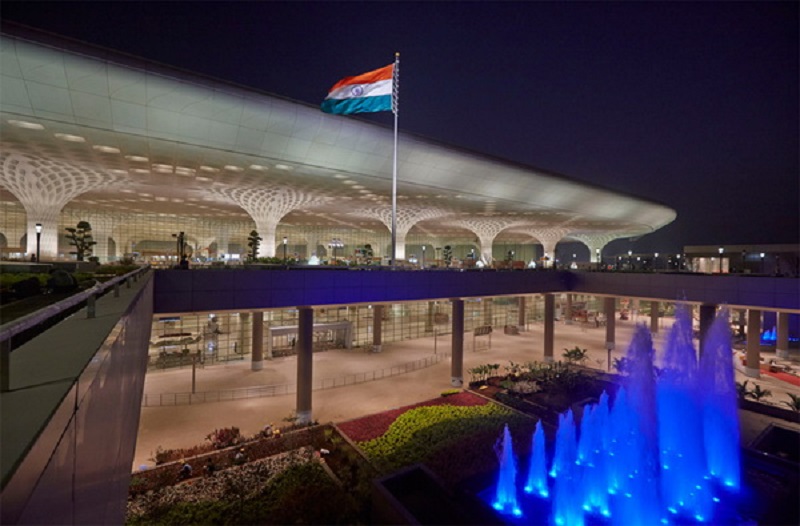Detailed Information About the Visa in India
Visitors to India must obtain a visa, either a regular visa, visa on arrival or an e-Visa online. As a foreign national coming to India, you must prepare your international travel documents, such as your national passport and a valid visa. Learn more about this process so you can enjoy your stay in the country.
Types of Visa
There are many different types of Visas issued by the Government of India, including Tourist, Transit, Business, Employment, Student, Intern, Film and Foreigners of Indian Origin. It is important that you apply for the right kind of authorisation, depending on what activities you plan to do during your stay.
If you are looking forward to sightseeing and/or visiting family or friends, a tourist visa will suit your needs. However, if you intend to do other things, such as conduct business meetings, study at a university or seek employment, for example, you must be sure to get the appropriate permit.
e-Visa

The E-Visa for India has 5 different categories, including e-Tourist Visa (for 30 days/01 year or 05 years), e-Business Visa, e-Medical Visa, e-Medical Attendant Visa and e-Conference Visa.
This is a popular choice for many visitors because it is easy to apply for the India visa online. Just make sure to apply online a minimum of 4 days in advance from the date of arrival. Citizens of over 100 countries are eligible for the eVisa. You can check your eligibility and apply online at Byevisa.com here.
When you apply, you fill out an online form and provide a digital photo and a copy of your passport. Then your autorisation is sent to your email. You have to print out a copy of the document and keep it with you when you travel.
E-Visa allows arrival at the following 28 airports and 5 seaports with your valid national passport:

Electronic Indian Online Visa (eVisa India) only allows foreigners to enter India through two modes of transport, Air and Sea. You are not allowed to enter the county through Road or Train on this type of Visa.
Visas Through the Embassy
If you are travelling to India for a reason not covered by the eVisa, such as if you want to live there longer term to study or work in the country, check with your local Indian embassy or consulate to learn about the application process in your country.
Visa on Arrival
Visa-on-Arrival facility is only available to the citizens of Japan, South Korea & UAE- non-extendable and non-convertible. Visa-on-Arrival is provided to Japanese and South Korean nationals only at six designated International Airports namely, Bangalore, Chennai, Delhi, Hyderabad, Kolkata and Mumbai.
Visa Policy
Visitors entering India with a visa must also carry with them a valid passport. However, citizens from Bhutan and Nepal do not require passports or visas to enter India. Citizens of Maldives arriving in India do not require visas to enter India for 90 days, unless they are arriving from other countries.
How to Renew Your Visa in India
The electronic visas cannot be extended once issued. Indian Visas are not extensible, cancellable, transferable or amendable and are valid only for the indicated duration. When yours expires, you must get a new one.
However, some types of authorisation allow you to make multiple trips. For example, if you get a 1-year or 5-year eVisa for tourists, you can use the document to visit the country on multiple occasions, although you can only stay for up to 90 days each time.
Expats in India
Expats are people who reside in a country other than their native country. If you fall in love with the country offering beautiful tourist destination when you come to visit, maybe you will decide to stay and make it your home. Many Indian cities have an expatriate population.
As of now, it is calculated that there are between 20,000 and 30,000 expatriates living in India, and the expat community has a wide range of people like artists, teachers, spiritualists and international business workers.
Immigration in India
BoI (Bureau of Immigration) takes care of the process and services at 86 Immigration check posts all over India. If you are planning to move to India as an immigrant then you will need to understand the immigration process – Here.
Airports in India

There are 34 international airports in India serving the major cities. Indira Gandhi International Airport in the capital city of New Delhi is the busiest, and Chhatrapati Shivaji Maharaj International Airport in Mumbai is the second busiest airport in India in terms of international passenger traffic. Busy airports can be a good place to look for flights because there are usually more flight times available and a better range of prices